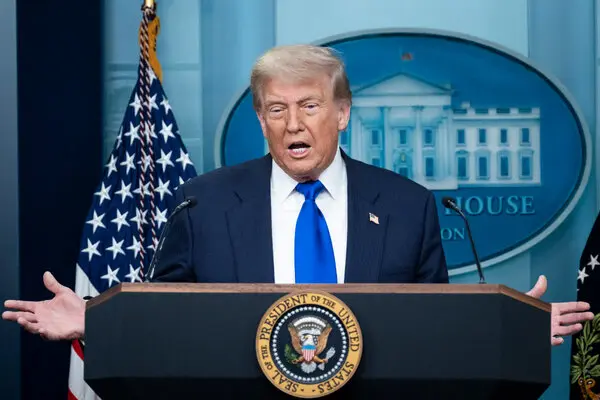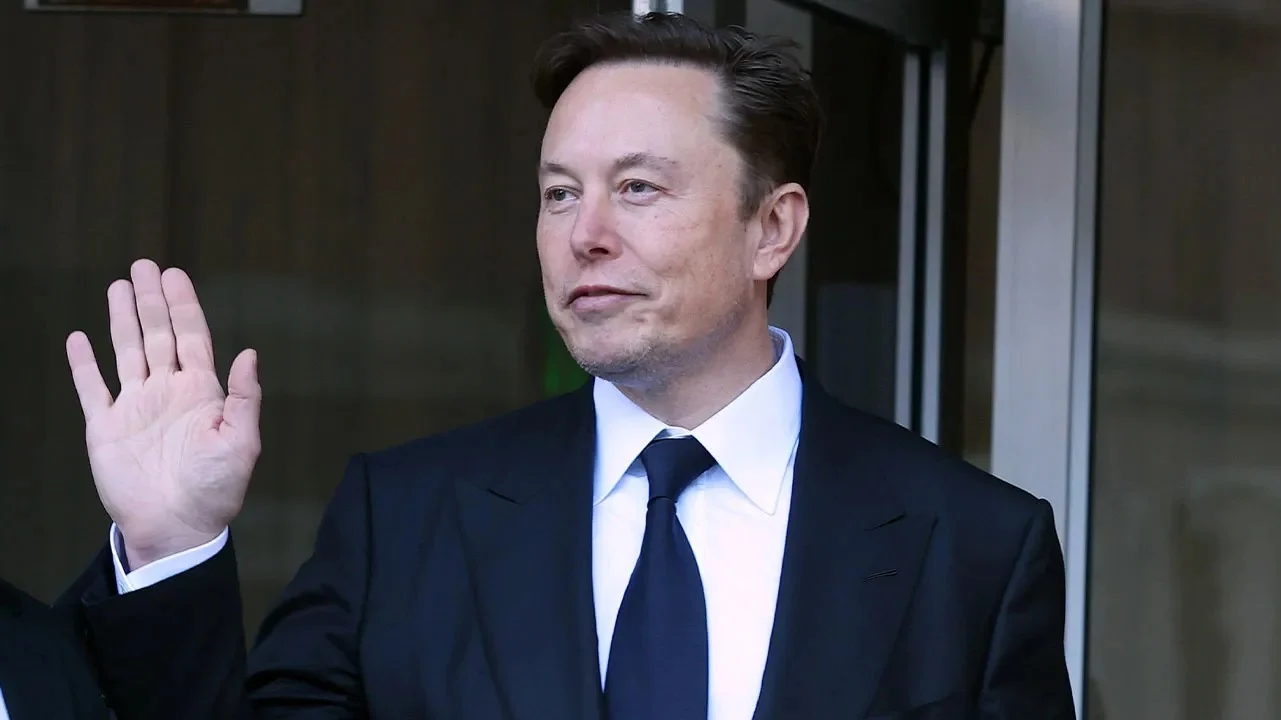In a major escalation of trade tensions, former U.S. President and 2024 Republican frontrunner Donald J. Trump announced on June 27, 2025, that all ongoing and future trade negotiations with Canada have been suspended. The move comes in direct response to Canada’s recently passed Digital Services Tax (DST), which targets large U.S. tech companies.
🔍 What Triggered the Fallout?
The Canadian Parliament passed a law imposing a 3% tax on revenues earned by major digital platforms—such as Google, Amazon, Meta (Facebook), and Apple—from Canadian users. The legislation is designed to ensure that global tech giants contribute fairly to Canada’s economy, especially in support of domestic media and content creators.
Trump, however, slammed the tax as a “hostile, anti-American measure,” accusing Canadian Prime Minister Mark Carney of using it to score political points. Speaking at a campaign rally in Cincinnati, Ohio, Trump declared:
“Canada thinks it can rob our companies and get away with it. Not on my watch! We are immediately terminating all trade talks and will impose reciprocal tariffs on Canadian goods within seven days.”
READ MORE: NATO Faces Backlash Over Endorsement of U.S. Strikes on Iran’s Nuclear Sites
📉 Economic Repercussions
The decision has the potential to disrupt one of the world’s largest bilateral trading relationships—worth over $2 billion daily.
Key sectors at risk:
- Automotive: Major cross-border supply chains may be disrupted.
- Agriculture: Canadian exports like wheat, dairy, and seafood may face steep U.S. tariffs.
- Technology: The tech sector finds itself caught in another global dispute over digital regulation.
Canadian businesses, particularly exporters reliant on U.S. markets, have expressed deep concern about the potential for a full-blown trade conflict—drawing comparisons to the 2018 U.S.-China trade war.
READ MORE: China Bans Uncertified Power Banks on Domestic Flights Amid Safety Concerns
🇨🇦 Canada Responds: “Canada Is Not for Sale”
Prime Minister Mark Carney swiftly condemned Trump’s announcement, labeling it as “unreasonable and retaliatory.” At a press briefing in Ottawa, Carney stated:
“We implemented the DST to create a level playing field for Canadian content creators and media platforms. This decision is about sovereignty, not about politics.”
Carney reaffirmed Canada’s commitment to fair and respectful trade and rejected “bullying tactics.” He also confirmed that Canada is engaging with European Union leaders to coordinate a joint response, as many EU countries have also adopted digital taxes on U.S. firms.
⚖ WTO & Legal Implications
Trade law experts suggest that the dispute could soon end up before the World Trade Organization (WTO), particularly if the U.S. imposes tariffs without proper arbitration.
Under the United States–Mexico–Canada Agreement (USMCA), which replaced NAFTA, trade disputes are to be resolved through consultation and legal mechanisms—not unilateral action. Legal analysts warn the U.S. may be in breach of USMCA obligations.
📊 Market Reaction
The markets reacted swiftly to the announcement:
- The Canadian Dollar (CAD) dropped by 0.8% against the U.S. Dollar.
- Shares of Canadian exporters like Maple Leaf Foods, Bombardier, and Suncor Energy fell between 2% and 4%.
- In contrast, U.S. tech stocks posted modest gains, with investors optimistic that Trump’s move signals protection for domestic tech giants from foreign taxation.
🧩 What’s Next?
This development adds new uncertainty to an already fragile global trade environment. With the 2024 U.S. election approaching, many analysts see this as part of Trump’s effort to reassert his “America First” agenda.
Canada, meanwhile, is expected to accelerate trade diversification efforts, strengthening ties with European and Asia-Pacific markets. Still, experts caution that any prolonged rift with the U.S.—its largest trading partner—could severely impact Canada’s manufacturing, agriculture, and energy sectors.
📝 Conclusion
Trump’s abrupt decision to sever trade talks with Canada over its digital tax is both a political maneuver and an economic gamble. While it may play well with his electoral base, the broader consequences could be costly—for both sides of the border.




